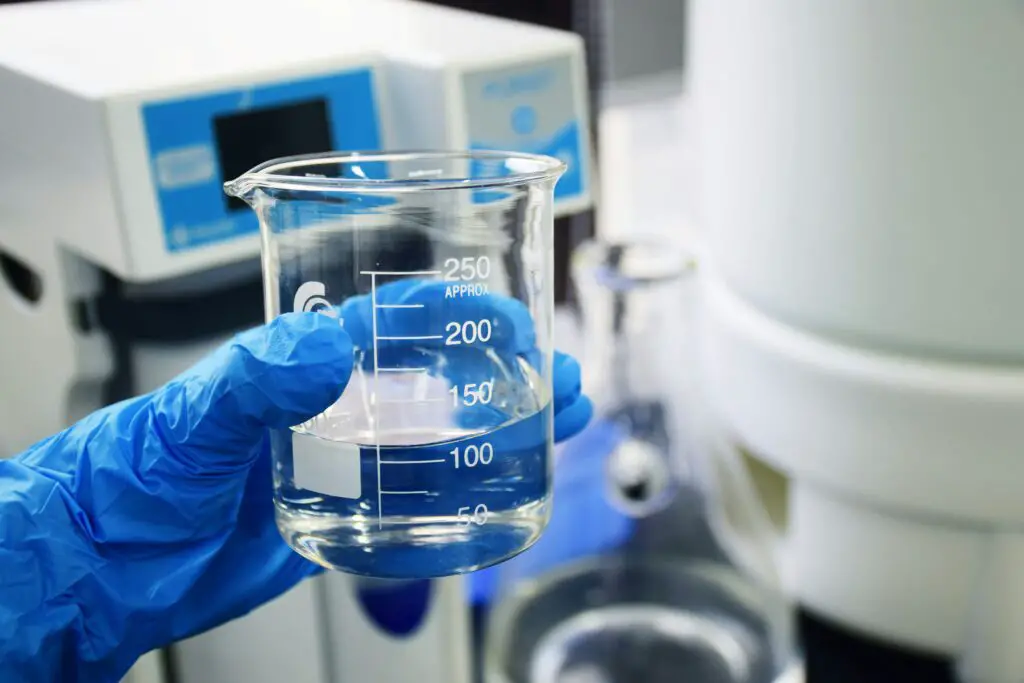Clean, fresh water is essential for maintaining good health and well-being. However, the water that comes out of our taps may not always meet the highest standards of purity. From chlorine and fluoride to lead and other contaminants, tap water can contain a variety of substances that may be harmful to our health. That’s where home water filtration systems come in. These innovative devices are designed to remove impurities and improve the quality of your water, providing numerous benefits for you and your family.
In this comprehensive guide, we’ll explore the advantages of using a home water filtration system, from enhancing taste and odor to safeguarding against harmful pollutants.
1. Improved Taste and Odor
One of the most immediate benefits of installing a home water filtration system is the improvement in taste and odor. Many municipal water supplies contain additives like chlorine and fluoride, which can give water an unpleasant taste and smell.
Filtration systems are equipped with specialized filters that remove these additives, as well as other organic compounds and contaminants, resulting in water that tastes and smells cleaner and fresher. Say goodbye to the chemical taste of tap water and hello to refreshing hydration.
2. Removal of Harmful Contaminants
Beyond taste and odor, home water filtration systems are also highly effective at removing harmful contaminants from your water supply. These may include heavy metals like lead and mercury, as well as pesticides, industrial chemicals, and microbial pathogens.
By passing water through multiple filtration stages, including activated carbon, reverse osmosis, and UV sterilization, these systems can significantly reduce the presence of pollutants, providing peace of mind that your family’s drinking water is safe and healthy.
3. Cost Savings Over Bottled Water
Many people turn to bottled water as an alternative to tap water, believing it to be cleaner and safer. However, bottled water comes with its own set of drawbacks, including environmental concerns and cost. Home water filtration systems offer a more sustainable and cost-effective solution.
By investing in a filtration system, you can enjoy the benefits of purified water without the need for single-use plastic bottles. Over time, the savings on bottled water purchases can add up, making a filtration system a smart long-term investment for your household.
4. Environmental Benefits
In addition to cost savings, using a home water filtration system is also better for the environment. Bottled water production consumes vast amounts of resources, including water and energy, and generates significant plastic waste.
By opting for a filtration system, you can reduce your carbon footprint and minimize plastic pollution. You’ll also contribute to the conservation of natural water sources by decreasing the demand for bottled water, helping to protect the environment for future generations.
5. Convenience and Accessibility
Another advantage of home water filtration systems is their convenience and accessibility. Once installed, these systems provide a continuous supply of purified water right from your tap, eliminating the need to purchase, store, and transport bottled water.
You’ll never have to worry about running out of clean drinking water or lugging heavy bottles from the store. With a filtration system, pure water is always available at the touch of a button, making hydration easy and hassle-free for the whole family.
Conclusion
Investing in a home water filtration system offers a myriad of benefits for both you and the environment. From improving the taste and quality of your water to safeguarding against harmful contaminants, filtration systems provide a convenient, cost-effective, and sustainable solution to your hydration needs.
By choosing filtration, you can enjoy clean, fresh water straight from the tap while also reducing your environmental impact and saving money in the long run. So why wait? Make the switch to a home water filtration system today and experience the difference for yourself.
Frequently Asked Questions (FAQs)
1. How does a home water filtration system work?
Home water filtration systems employ various technologies, including activated carbon, reverse osmosis, and UV sterilization, to remove contaminants from tap water. These systems typically consist of multiple filtration stages, each targeting specific types of impurities to produce clean, purified water.
2. What contaminants can a water filtration system remove?
Water filtration systems are capable of removing a wide range of contaminants, including chlorine, fluoride, lead, mercury, pesticides, industrial chemicals, and microbial pathogens. Different types of filters and technologies are used to target specific contaminants, ensuring that the water you drink is safe and healthy.
3. Are home water filtration systems easy to install?
Most home water filtration systems are designed for easy installation and can be installed by homeowners with basic plumbing skills. Some systems may require professional installation, especially if they involve complex plumbing or electrical connections. However, many models come with detailed instructions and all the necessary hardware for DIY installation.
4. How often do I need to replace the filters in a water filtration system?
The frequency of filter replacement depends on the type of filtration system you have and the quality of your water. In general, most filters need to be replaced every 6 to 12 months to ensure optimal performance. Some systems may also have indicator lights or alarms that alert you when it’s time to change the filters.
5. Can a water filtration system remove all contaminants from tap water?
While home water filtration systems are highly effective at removing a wide range of contaminants, no system can eliminate every possible impurity from tap water. However, by using a combination of filtration technologies, these systems can significantly reduce the presence of harmful substances, providing clean, purified water for drinking and cooking.



